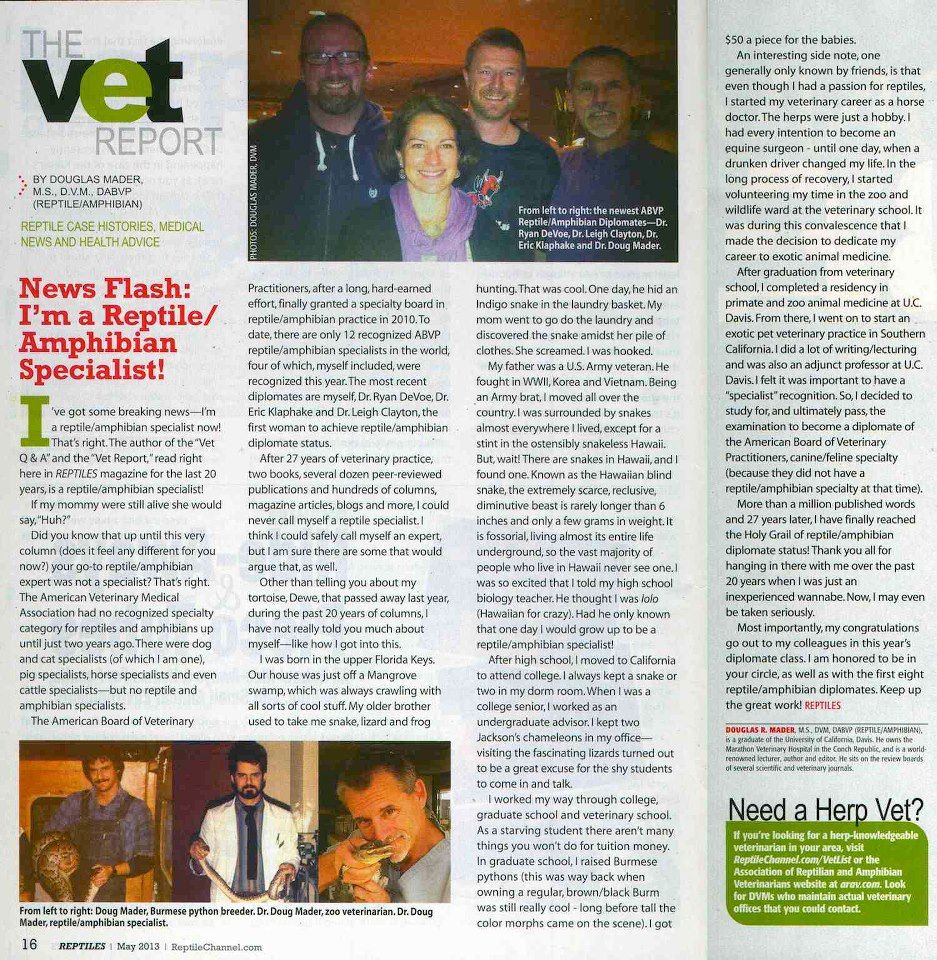azgnoinc
New Member
Hello one & all, I came across what I think is some pretty dangerous info regarding a supplementation schedule that is being recommended by a Veterinarian (http://www.wbeph.com/reptiles/chameleons/dr-wrights-recommended-supplements-for-chameleons/).
I came across this info on FB when someone in a group there posted it & I would like to get some opinions on the recommended supplementation schedule which is as follows:
Monday – ZooMed Reptile Calcium without D3
Tuesday – ZooMed Reptivite with D3
Wednesday – ZooMed Reptile Calcium without D3
Thursday – ZooMed Reptivite with D3
Friday – ZooMed Reptile Calcium without D3
Saturday – Sticky Tongue Farms Miner All Indoor Formula
Sunday – ZooMed Reptile Calcium without D3
I personally think that this schedule is extremely excessive to say the least, but I would like some additional input. The article is dangerous IMO because it fails in the following areas:
1. Chameleon Species
2. Natural sunlight
3. Gutloading your feeders properly
If I am off base with my opinion/thoughts - I will be the first to admit my mistake, but I'm thinking that this supplementation schedule would kill most properly gutloaded chams in a matter of months - experienced keeper input please.
I came across this info on FB when someone in a group there posted it & I would like to get some opinions on the recommended supplementation schedule which is as follows:
Monday – ZooMed Reptile Calcium without D3
Tuesday – ZooMed Reptivite with D3
Wednesday – ZooMed Reptile Calcium without D3
Thursday – ZooMed Reptivite with D3
Friday – ZooMed Reptile Calcium without D3
Saturday – Sticky Tongue Farms Miner All Indoor Formula
Sunday – ZooMed Reptile Calcium without D3
I personally think that this schedule is extremely excessive to say the least, but I would like some additional input. The article is dangerous IMO because it fails in the following areas:
1. Chameleon Species
2. Natural sunlight
3. Gutloading your feeders properly
If I am off base with my opinion/thoughts - I will be the first to admit my mistake, but I'm thinking that this supplementation schedule would kill most properly gutloaded chams in a matter of months - experienced keeper input please.







